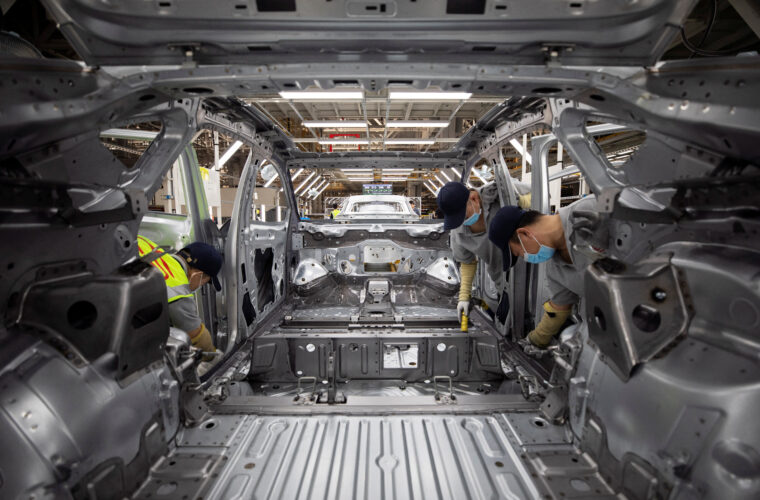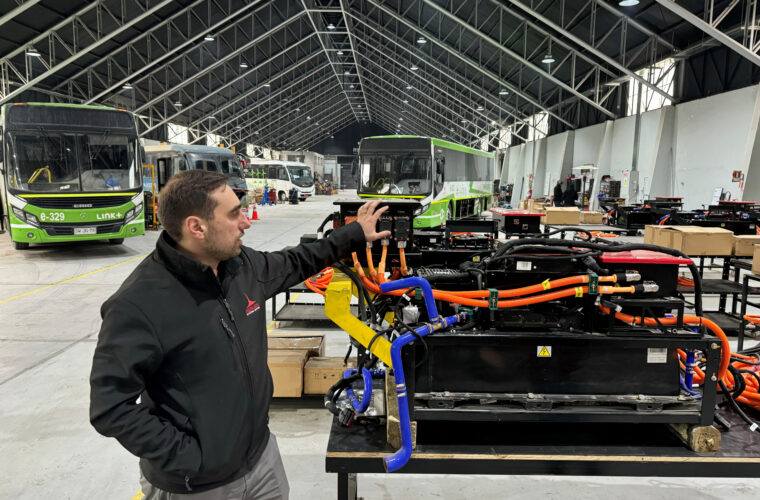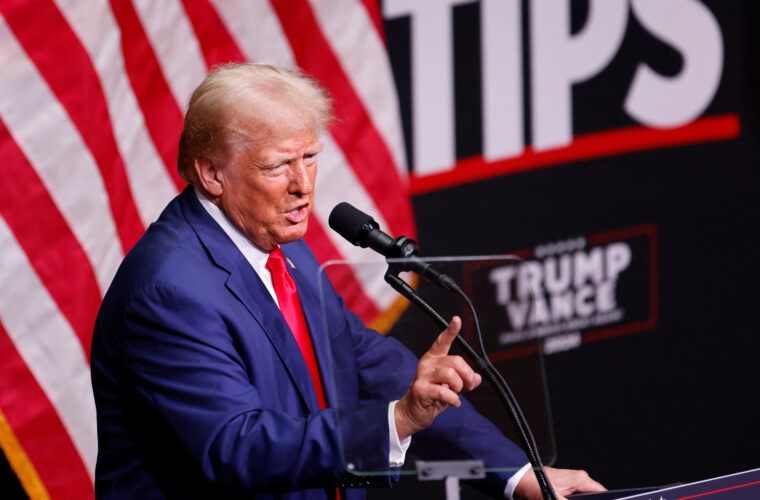
By Zhang Yan and Brenda Goh
SHANGHAI (Reuters) – Chinese electric vehicle (EV) startup Nio Inc plans to build 1,000 battery-swapping stations in China in 2023 to bring the total number of such facilities to 2,300 by year-end, its Founder and Chairman William Li said on Tuesday.
Nio will build 400 battery-swapping stations along highways and 600 in urban areas with a focus on the country’s third- and fourth-tier cities and counties, Li said in a post on Nio’s social media platform.
The move marks an expansion of its plan in December of adding 400 such stations this year. Li found more of them are needed to improve user experience after his trips to northeastern China and lower-tier cities in Zhejiang, he added.
Battery swapping allows drivers to replace depleted packs quickly with fully charged ones, rather than plugging the vehicle into a charging point. Swapping could help mitigate the growing strains placed on power grids as millions of drivers juice up, yet specialists caution it can only take off in a big way if batteries become standardized industry-wide.
Nio is among the few EV makers that are betting on battery swapping as one of the major power solutions for electric cars. Rival Tesla Inc had previously dismissed battery swapping as “riddled with problems and not suitable for widescale use”.



